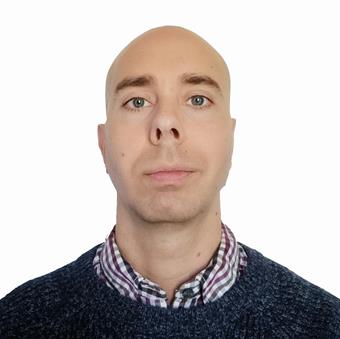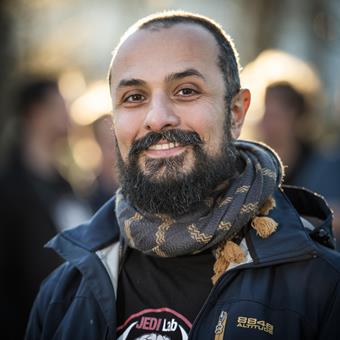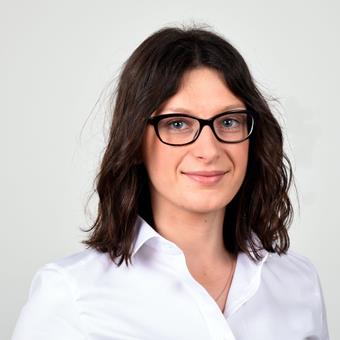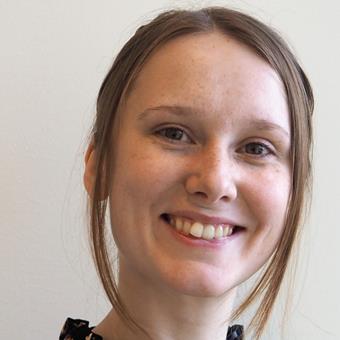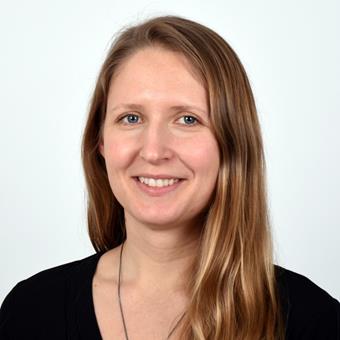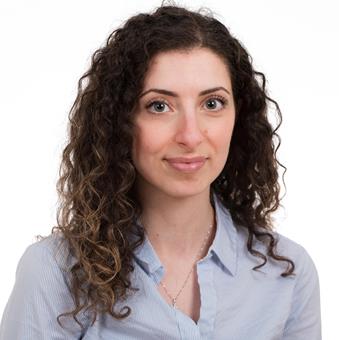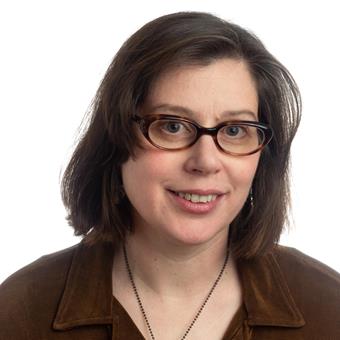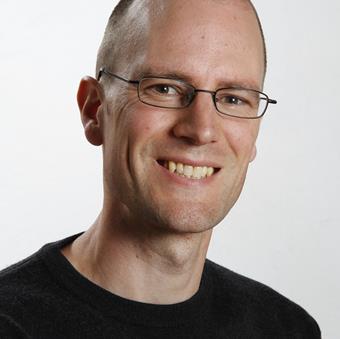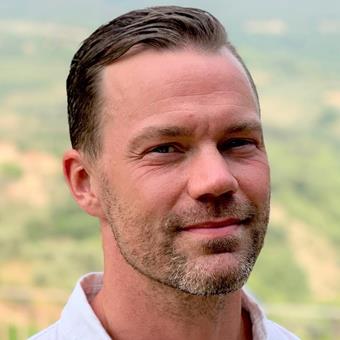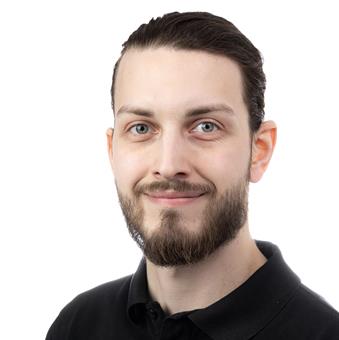Helping
In what situations do people help more or less? What types of beneficiaries receive more money? Which psychological mechanisms (feelings, thoughts and beliefs) influence the degree of help? Are different people affected by different types of arguments in charity marketing? Do we feel good about helping others? Do we get annoyed or inspired by people who help extremely much? These (and many other) questions are central to my research on helping and altruism.
Morality
How do people decide when faced with dilemmas where different moral principles conflict. Is it acceptable to sacrifice an innocent person to save ten? Should a doctor with limited resources prioritize treating 3 women, 4 men or let chance decide who survives? How do we perceive truth-tellers who make others sad, and liars who make others happy? Is it okay to invest money in companies that invest in fossil fuels if you donate part of the profits to charities working to improve the environment? Are our moral views stable or easy to change? These types of questions are asked in my research on moral decision-making.
Political Psychology
How widespread is political discrimination? Do we think it is more acceptable to treat people differently based on their political views than based on other grounds of discrimination (e.g. gender identity or religion)? Do we think a policy proposal is better if it is proposed by a politician from our favorite party than from someone from our least liked party? Do we avoid neutral products that are liked by political opponents? Are people on the political left and right equally politically polarized, equally discriminatory, and equally likely to spread misinformation? These are examples of questions that I investigate in my research on political psychology
I was born and raised in the Småland region, but have also lived in Tokyo for three years, and speak decent Japanese. In January 2015, I defended my thesis at Lund University and later that year I started working as a postdoc at Linköping University. I am part of the JEDI-Lab research group and supervise several PhD students. I teach social psychology in free courses and in the clinical psychologist program, and am happy to supervise student theses in my subjects. I am also the director of studies for freestanding courses in psychology.
Outside research, I am interested in racing and reality-TV, among other things. I often attend group-training sessions at Campushallen (the local training facility) but compensate for that by also enjoying eating and drinking out.



